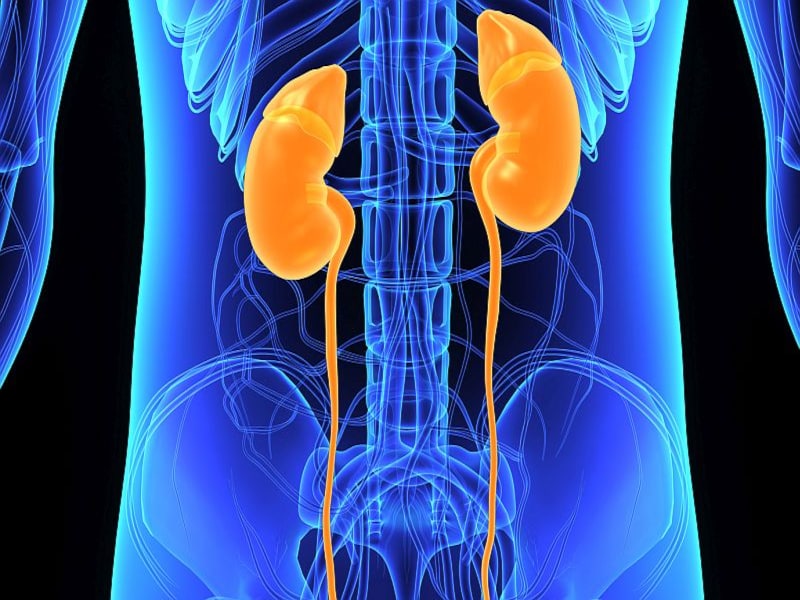Reducing proteinuria slows decline in kidney function in those with focal segmental glomerulosclerosis
FRIDAY, Sept. 11, 2020 (HealthDay News) — Reducing urinary protein aids patients with the rare kidney disease focal segmental glomerulosclerosis (FSGS), according to a study published online Aug. 10 in the American Journal of Kidney Diseases.
Jonathan P. Troost, Ph.D., from the University of Michigan in Ann Arbor, and colleagues evaluated if reductions in proteinuria following treatment were associated with greater kidney survival among 138 participants with steroid-resistant FSGS enrolled in a randomized treatment trial that compared cyclosporine to mycophenolate mofetil plus dexamethasone.
The researchers found that changes in proteinuria over 26 weeks were significantly related to estimated glomerular filtration rate (eGFR) slope. There was an association between a one-unit reduction in log-transformed urinary protein:creatinine ratio and a 3.90 mL/year rise in eGFR, which remained significant after adjusting for complete remission. For each one-unit reduction in log-transformed urinary protein:creatinine ratio, the hazard ratio for end-stage kidney disease or death was 0.23.
“Reductions in proteinuria warrant further evaluation as a potential surrogate for preservation of kidney function that may inform the design of future clinical trials,” the authors write.
Several study authors disclosed financial ties to the pharmaceutical industry.
Copyright © 2020 HealthDay. All rights reserved.








